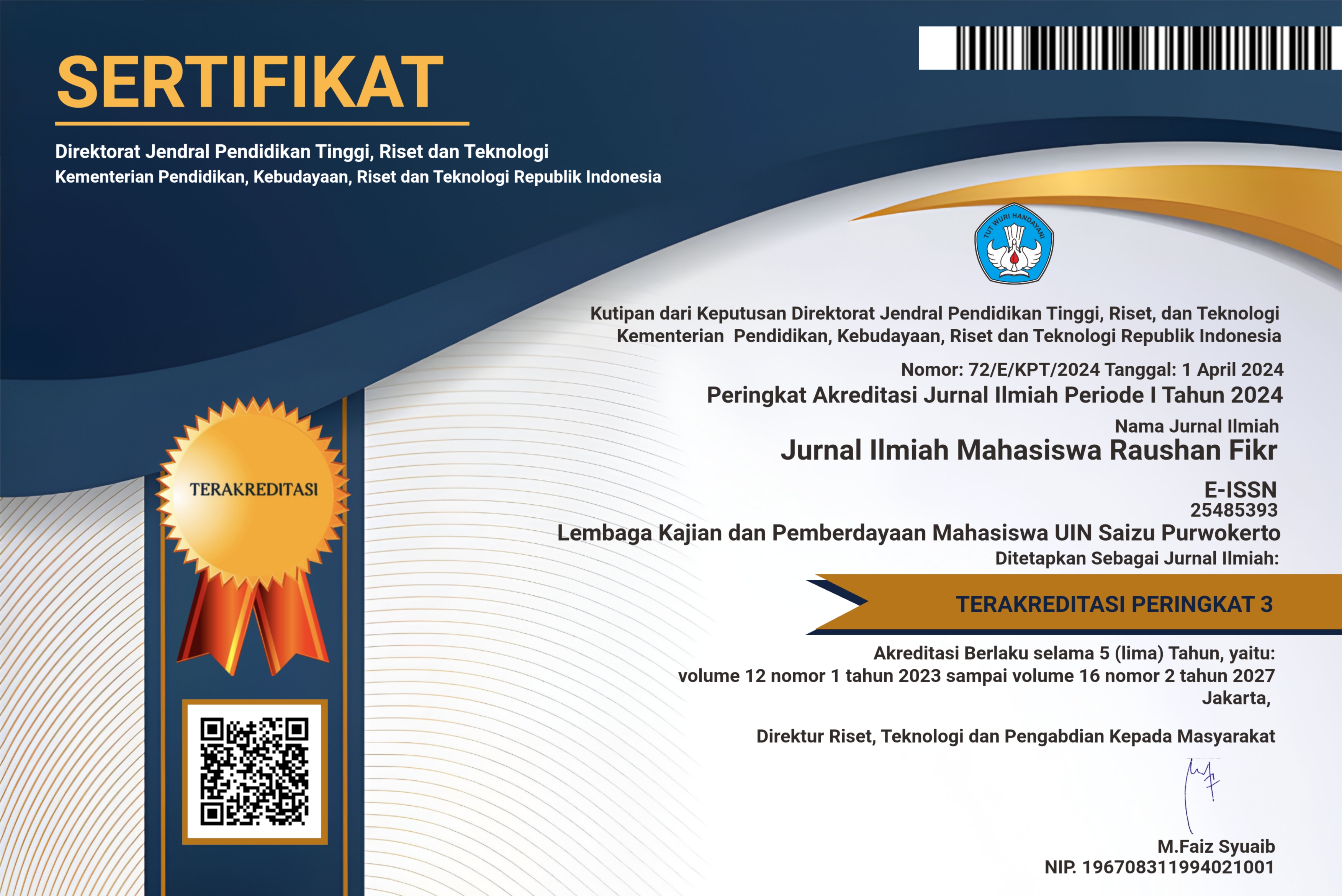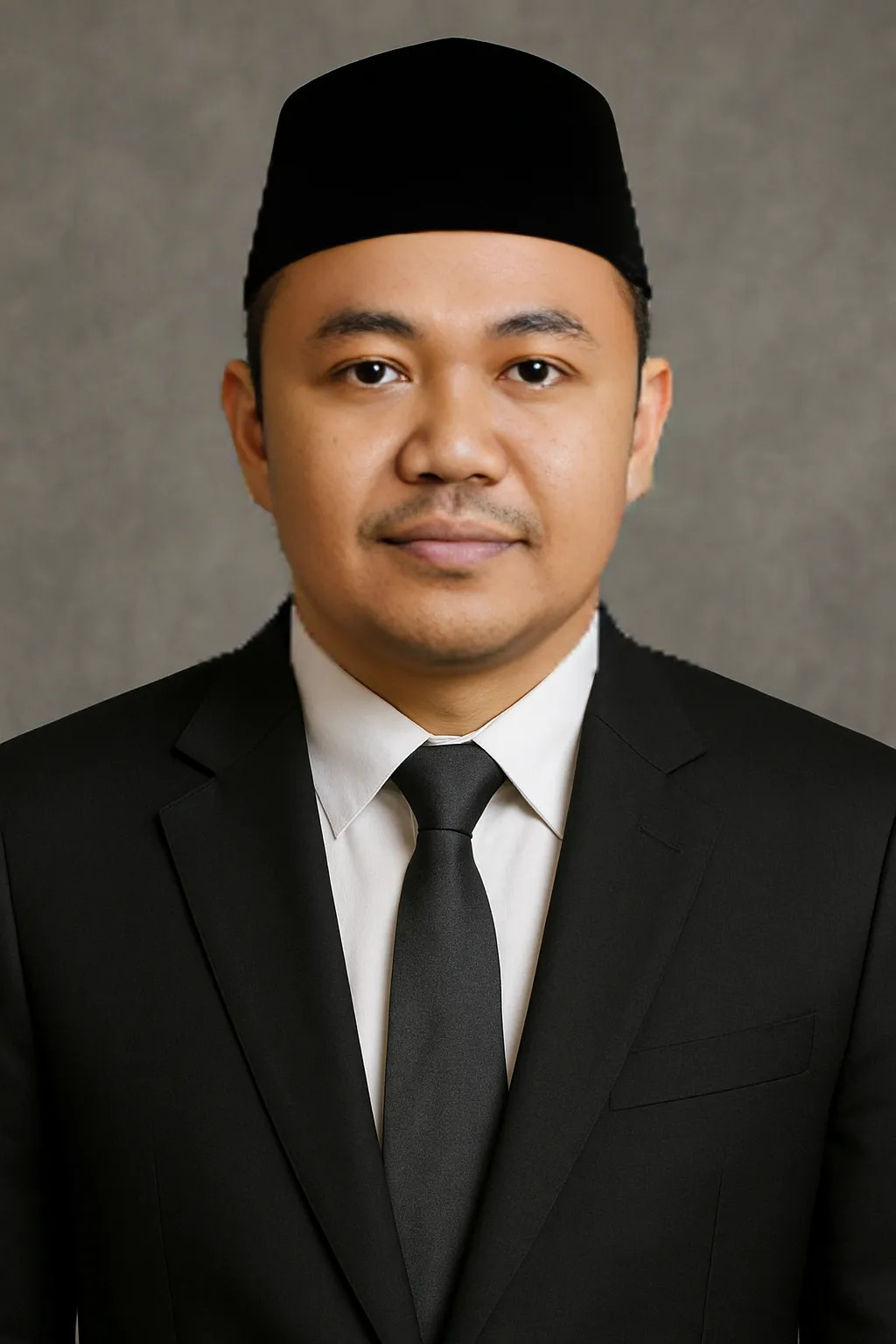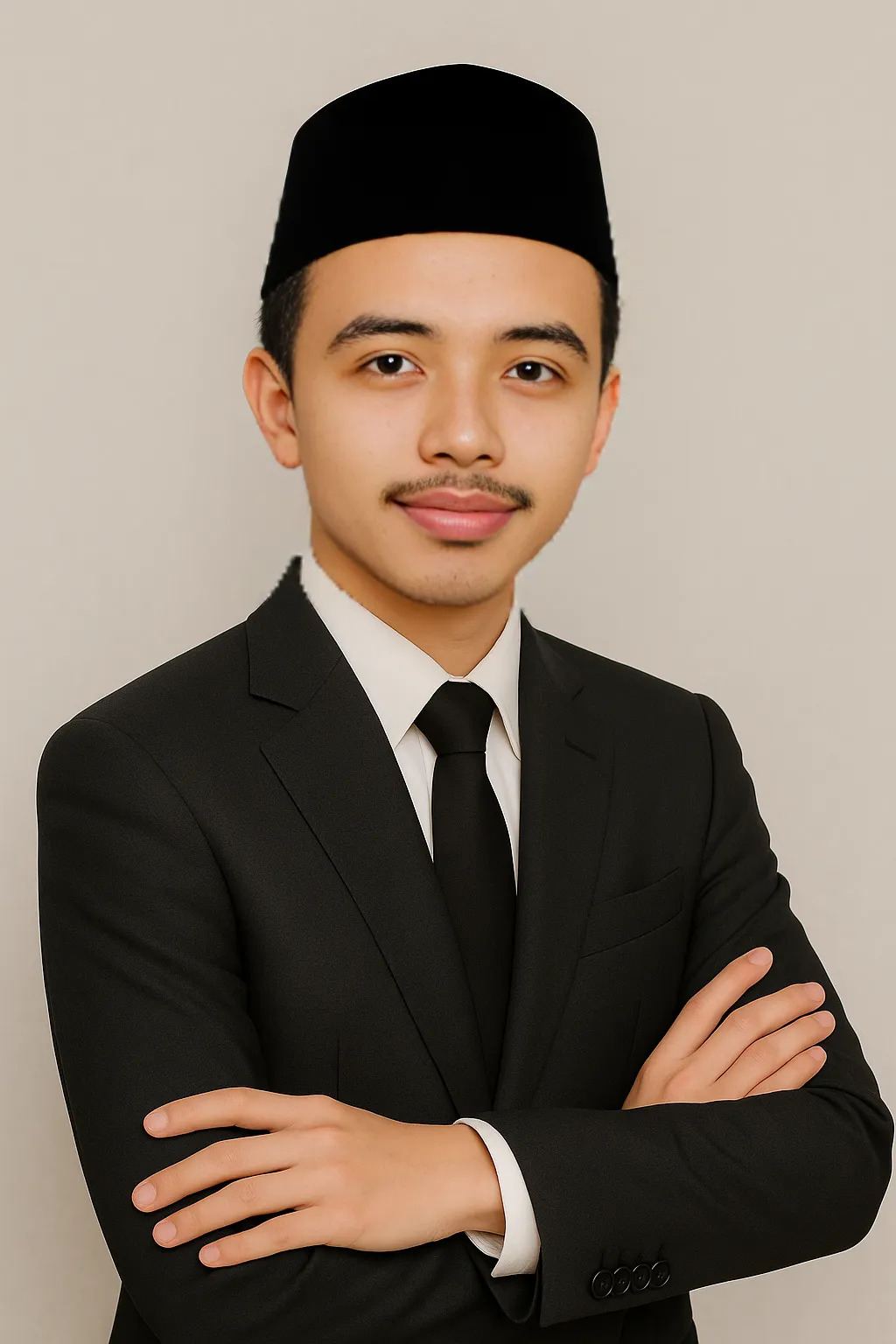DIALEKTIKA KRISIS TOLERANSI DI INDONESIA TAHUN 2017 (TELAAH ACARA INDONESIA LAWYERS CLUB TENTANG FENOMENA LGBT)
DOI:
https://doi.org/10.24090/jimrf.v7i2.2518Keywords:
Toleransi, Indonesia Lawyers Club, LGBTAbstract
Discussions about LGBT (Lesbian, Gay, Bisexual, and Transgender) in Indonesia do not seem to only begin to be serious but also look to crush tolerance. Seriously because various media often take up the theme, even Indonesia Lawyers Club (ILC), one of the favorite talkshow programs in the country, to discuss it several times. Interestingly, those who voiced tolerance, both pro and contra, were even more arrogant and forgot the essence of tolerance itself. This is where tolerance appears to be being tested and questioned. The purpose of this paper is to examine the dialectic of the crisis of tolerance in Indonesia in 2017 by clarifying the interpretation of the Qur'an that discusses LGBT. While this writing method is descriptive analytical using media analysis, which focuses on 2017 ILC shows, especially those related to LGBT. The results of this study provide a solution that reminds the Indonesian people, that tolerance exists because differences (not similarities) and the resolution of LGBT problems must be based on the values, philosophy and principles of the Republic of Indonesia and the noble goal of being a faithful and devoted human being to the One God, not an interest personal. This research is expected to improve the perspective of the Indonesian people towards tolerance related to LGBT. So that the relevance to the study of crisis tolerance in Indonesia in 2017 is very strong and needs to be prioritized.Downloads
References
Al-Muttaqy Al-Hindy. 2004. Kanz Al-‘Ummal. Beirut: Darul Kutub.
Bagus, Lorens. 2002.KamusFilsafat ,Jakarta: GramediaPustakaUtama.
Bahari. 2010. Toleransi Beragama Mahasiswa. Jakarta: Kementrian Agama RI.
Dariyo, Agoes. 2007. Psikologi Perkembangan Anak Tiga Tahun Pertama. Bandung: Refika Aditama.
Haji Said Haji Ibrohim. 1996. Qanun Jinayah Syar’iyah. Kuala Lumpur: Darul Ma’rifah
Hashim, Umar. 1997. ToleransidanKemerdekaanBeragamadalam Islam Sebagai Dasar Menuju Dialog dan Kerukunan Antar Agama. Surabaya: PT. Bina Ilmu.
Lavine, T. Z. 2002. Petualangan Filsafatdari Sorcateske Sarte. Yogyakarta: Penerbit Jendela.
L, Denny. 2014. “Cikal bakal Indonesia Lawyersb Clubâ€. www.TV. Onenews.tv. diakses tanggal September 2014 pukul 19.00 WIB.
Nursheha, Qasim. 2010. Kekeliruan Kaum Liberal Soal Homoseksual. Jurnal Islamia. volume III, nomer 5.
Ridha, Rasyid. 1948. Tafsir al-Mana>r. Cairo: Dar al-Manar.
Safitri, Arif Nur. 2015.Pesantren Waria Senin-Kamis AL-Fattah Yogyakarta: sebuah media Eksistensi Ekspresi keberagaman Waria
R, Saija dan Iqbal Taufik. 2010. Dinamika Hukum Islam di Indonesia. Yogyakarta: Depublish.
Semiawan CR, Th.I Setiawan, Yufiarti. 2010. Spirit Inovasi dalam Filsafat Ilmu. Jakarta: PT. Indeks.
Tillman, Diane. 2004. Pendidikan Nilai untuk Kaum Dewasa Muda. Jakarta: PT Gramedia Widiasarana Indonesia.
Zarkasyi, Hamid Fahmi. “Nurani Homoâ€, www.republika.co.id, diakses tanggal 13 Februari 2018 pukul 10.20 WIB.
Downloads
Published
How to Cite
Issue
Section
License
Authors who publish with this journal agree to the following terms:
- Authors retain copyright and grant the journal right of first publication with the work simultaneously licensed under a Creative Commons Attribution-NonCommercial-ShareAlike 4.0 International License that allows others to share the work with an acknowledgement of the work's authorship and initial publication in this journal.
- Authors are able to enter into separate, additional contractual arrangements for the non-exclusive distribution of the journal's published version of the work (e.g., post it to an institutional repository or publish it in a book), with an acknowledgement of its initial publication in this journal.
- Authors are permitted and encouraged to post their work online (e.g., in institutional repositories or on their website) prior to and during the submission process, as it can lead to productive exchanges, as well as earlier and greater citation of published work (See The Effect of Open Access).
















